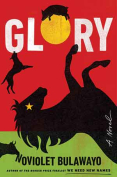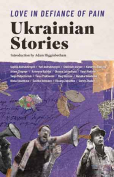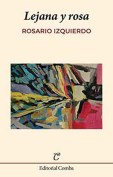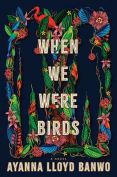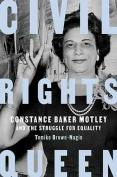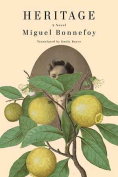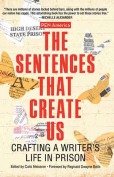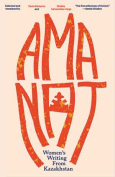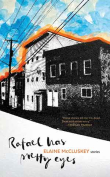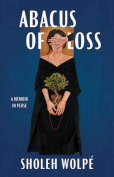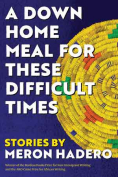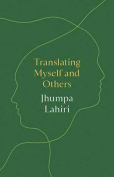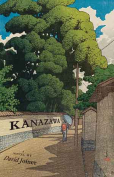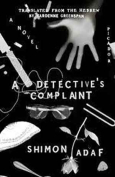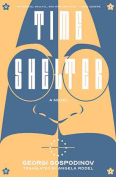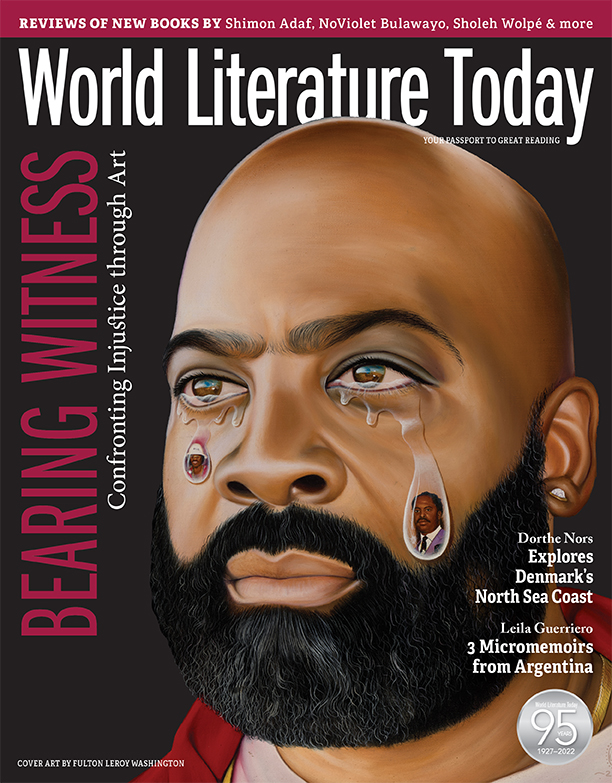Glory by NoViolet Bulawayo
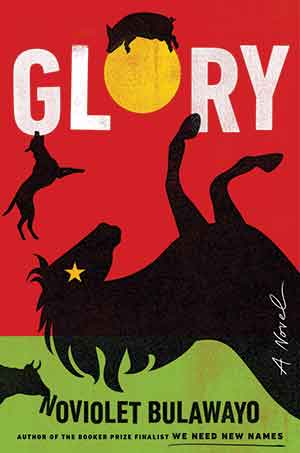 New York. Viking. 2022. 403 pages.
New York. Viking. 2022. 403 pages.
BOOKER PRIZE–NOMINATED Glory traces the tragic descent into violent despotism of democratic, newly free Zimbabwe (alias Jidada). This powerful allegory embodies hybridity, braiding African and global elements to shape its timely content. Its comic anthropomorphism (e.g., four-footed creatures, “mal” and “femal,” “hinding,” strutting, orating, taking selfies, etc.) may distance us initially, but the line between species soon dissolves as we feel the pain of humans caught in a bloody historical cycle.
A third-person omniscient narrator both recounts events and enters the minds of dictators, generals, police, elites (educators, spiritual leaders, businessmen), women, children, artists, and revolutionists. These multiple perspectives guide us through Zimbabwe’s recent history, wherein rampant greed led to wide-scale corruption, ethnocide, misogyny, and weaponized Christian and indigenous beliefs that destroyed democracy and drove the masses to guilt, fear, and submission.
Glory’s twenty-one sections, including “Defending the Revolution, 1983” and “Defending the Revolution, 2019,” each with many subsections (among them “Defending the Revolution, 1994” and “Defending the Revolution, 2008”), signal the cyclical plot. But if past is embedded in present, future remains a dream, as the section “Past, Present, Future, Past” underscores. Amid the large cast of characters, an unexpected, aptly named protagonist, Destiny, comes to personify that canceled future. Her mother’s Ndebele family having been annihilated in the Gukurahundi (a horrific ethnic massacre), Destiny’s journey to their now-deserted homeland, Bulawayo (“place of massacre”), climaxes the novel.
Various strategies satirize the cultural, political, and socioeconomic costs of colonialism and neocolonialism. So, for example, Jidadan English incorporates current American slang—for example, “She’d be first-rate . . . supercalifragilisticexpialidocious.” “Ginormous” and “humongous” modify Jidadan phenomena (a python, a crocodile, their war). And the newly ousted Father of the Nation (aka Mugabe), who prides himself on speaking English “better than the English,” shocks his sycophants by yelling, “A fatherfucking coup wena nja mgodoyi msanthanyoko!”
When possible, even the too-many poor Jidadans consume global capitalist culture—Coca-Cola, Princess Diana, Czech boots, Arsenal caps, and Samsung phones—enjoy “eat-all-you want Chinese buffets,” post selfies online, and eventually “seek refuge in virtual living.” Before and during the election of 2019, they tweet the hashtag #fairfreencredibleelection and upload to Facebook, YouTube, and WhatsApp photos of themselves sporting “I voted” stickers, while Siri becomes Tuvy’s (aka Mnangagwa’s) muse. But North Korea and China, too, make disastrous inroads here. The former nation trained Jidada’s bloodiest combat unit to conduct the Gukurahundi. Even while publicly scorning communism, Jidada’s leaders call the Chinese “comrades” and offer them rights to essential Jidadan assets.
Riffs on Swift, Dickens, Conrad, and Orwell further link Africa and the West. The monster crocodile is “Brobdingnagian.” The section “Tholukuthi A Tale of Two Countries” explains why Jidadans live online: “it was the worst of times . . . the worstest of times.” Sensing Jidadans’ hate for the blood he let, the Father of the Nation dreams of “running into the very terrible heart of redness.”
Contemporary Western and traditional African expressive modes likewise intertwine. Tweets from Zimbabwe and elsewhere comprise entire subsections, while whole pages reiterate “take-take-take,” “I can’t breathe,” or “and talks to the dead.” That leaders and elites call their nation “Jidada with a -da and another -da” seems innocuous at first but increasingly signs jingoism. Countering this, Tholukuthi (“as is true”), often placed first in a sentence, acquires the force of chant, while some later subsections begin, “When those who were there told it . . . what they meant was . . . ,” the “it” content repeated word for word after the second ellipsis. This imparts the reverential tone of oral epic. The ancestral voices, Destiny’s recitation of her written narrative, and the “we” evoke the griot tradition. All tell their stories so “they will be told right.”
As Glory follows Jidada deeper into the darkness, horror eclipses satire. Mugabe is dead; Mnangagwa persists. Free Zimbabwe remains a dream. Pledged “to all Jidadas, everywhere,” this haunting novel recalls too many bloody national histories but cites Zimbabwean author Yvonne Vera to remind us: “The dead are not dead.” They live on in oral and written testaments like Bulawayo’s.
Michele Levy
North Carolina A&T State University
When you buy a book using our Bookshop Affiliate links on this page, WLT receives a commission. Thank you for your support!
